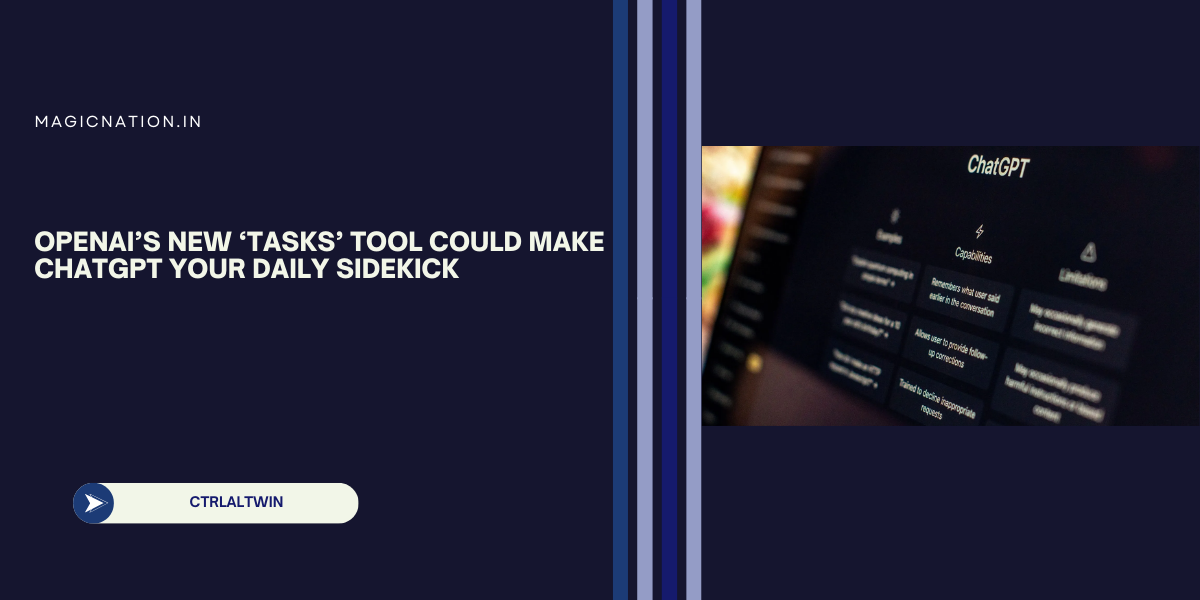The European Commission’s decision comes after an extensive investigation into Meta’s business practices, with regulators concluding that the company leveraged its vast user base to unfairly promote its classified-ads service while stifling competition.

According to Margrethe Vestager, the EU's antitrust chief, Meta tied Facebook Marketplace to its core social networking platform and imposed unfair trading conditions on rival classified-ads platforms.Breaking Down the Antitrust Violation
“Meta tied its online classified ads service Facebook Marketplace to its personal social network Facebook and imposed unfair trading conditions on other online classified ads service providers,” Vestager said. “It did so to benefit its own service Facebook Marketplace.”
This ruling is among the final actions overseen by Vestager, who has spent the past decade targeting Silicon Valley giants like Google and Amazon for anti-competitive practices, issuing fines totaling billions of euros.

Meta has announced plans to appeal the ruling, stating that the penalty “ignores the realities of the thriving European market” and “shields large incumbent companies.” The company argued that it remains committed to fostering innovation and competition in Europe. However, the appeal process could take several years to resolve.Meta to Appeal the Decision
Meta shares dipped by 1 percent following the news, reflecting investor concerns over increasing regulatory scrutiny.

This isn’t the first time Facebook Marketplace has drawn regulatory attention. Meta previously settled a case with the UK’s Competition and Markets Authority, agreeing to implement changes in its operations. Similarly, the company’s use of data from rival platforms to enhance Marketplace has been criticized, prompting regulatory probes worldwide.Facebook Marketplace Under Fire Globally
Meta’s fine follows a broader trend of heightened antitrust enforcement against tech giants in the EU. While Amazon managed to avoid fines in 2022 by offering remedies to address concerns over its use of rival sales data, regulators appear less inclined to grant Meta similar concessions.Comparison with Other Tech Giants
Notably, Alphabet Inc.'s Google and Apple Inc. are also under scrutiny in the EU. The bloc’s Digital Markets Act (DMA), designed to curb anti-competitive behavior, is expected to play a pivotal role in shaping tech regulations moving forward.
The timing of the EU fine coincides with other challenges for Meta. A US judge recently allowed the Federal Trade Commission's antitrust lawsuit against the company to proceed to trial. Meanwhile, competition from emerging social networks, such as Bluesky, continues to grow. Bluesky recently topped Apple’s US App Store rankings, buoyed by renewed political interest following Donald Trump’s re-election.Broader Implications for Meta
Trump, a vocal critic of Meta, has previously referred to Facebook as an “enemy of the people” and suggested CEO Mark Zuckerberg should face legal consequences.
Despite regulatory hurdles, Meta’s business continues to expand. The company reported a 19 percent increase in quarterly sales, reaching $40.6 billion (roughly ₹3,42,777 crore) in the period ending September 30. Meta has been balancing investments in artificial intelligence and virtual reality with maintaining growth in its core digital advertising business.Meta’s Response Amid Financial Growth
To address growing regulatory pressures, Meta recently proposed changes to its ad-targeting practices on Facebook and Instagram, aiming to comply with evolving EU rules.
The EU fine against Meta highlights a growing appetite among regulators for tougher actions against Big Tech. Some watchdogs have called for structural remedies, including potential company breakups, to counter market dominance.A Broader Push for Stricter Regulations
The European Commission has also initiated compliance reviews under the DMA, signaling that more fines and enforcement actions could be on the horizon for companies like Meta, Google, and Apple.
The €798 million fine against Meta underscores the increasing regulatory pressure facing tech giants in the EU and globally. As the company navigates appeals and adapts to new regulatory frameworks, its ability to balance innovation with compliance will be crucial to maintaining its market position in Europe and beyond.Conclusion










